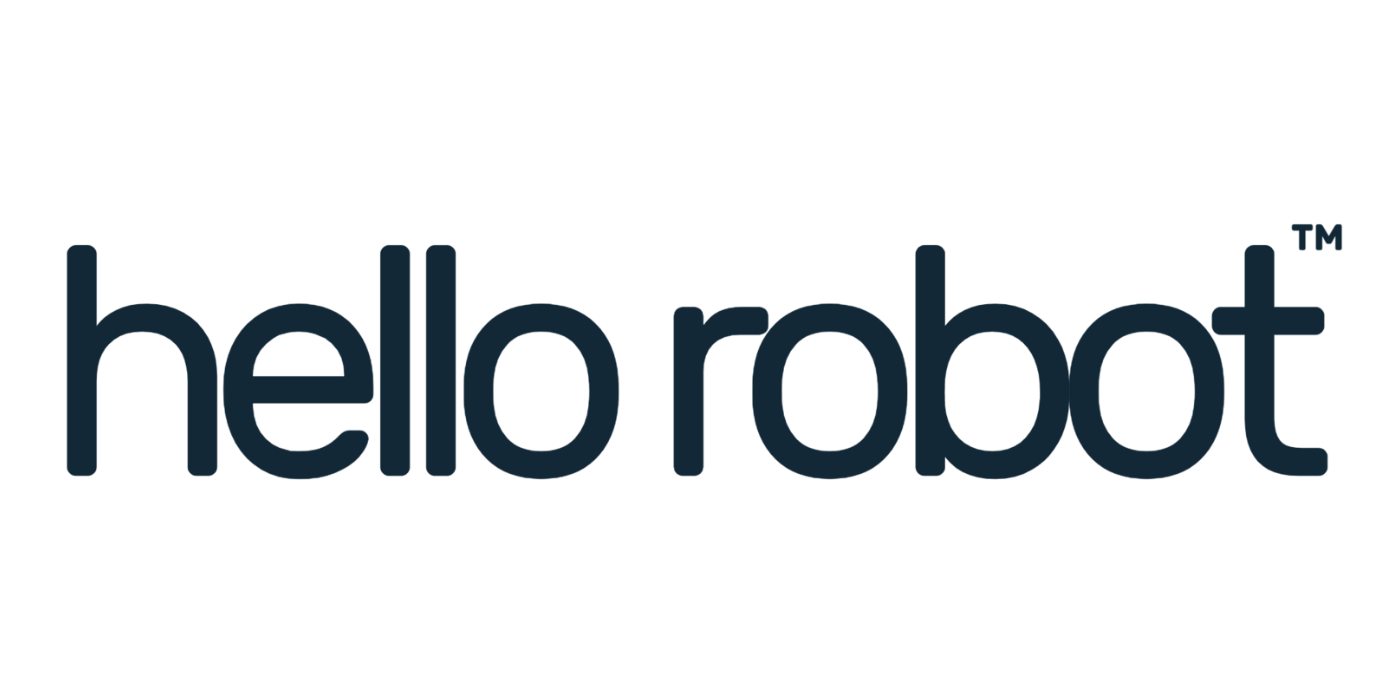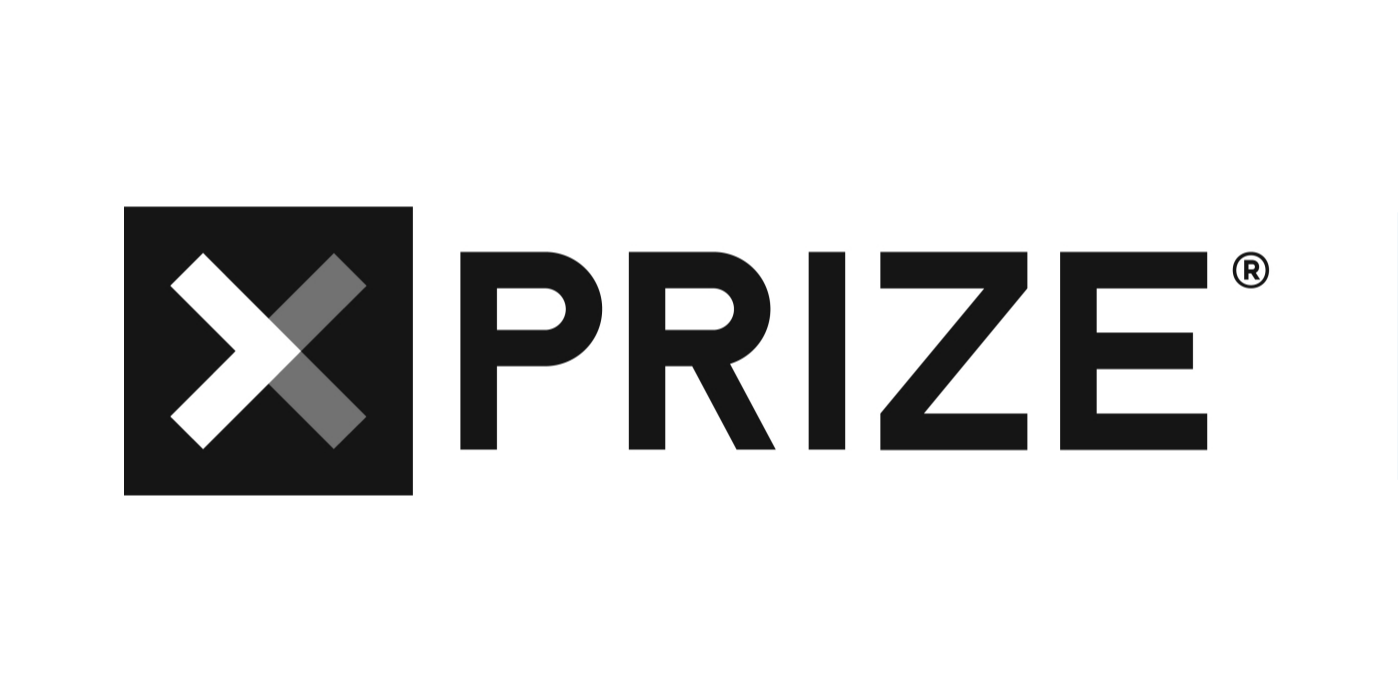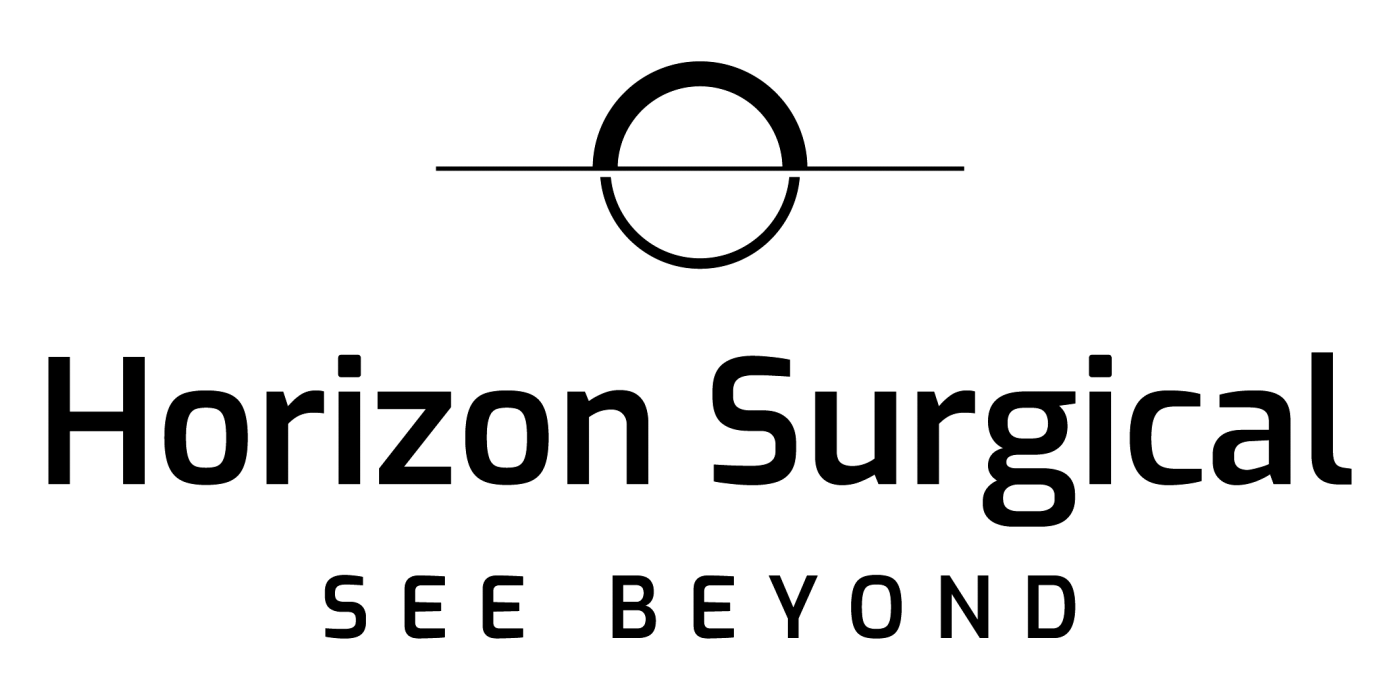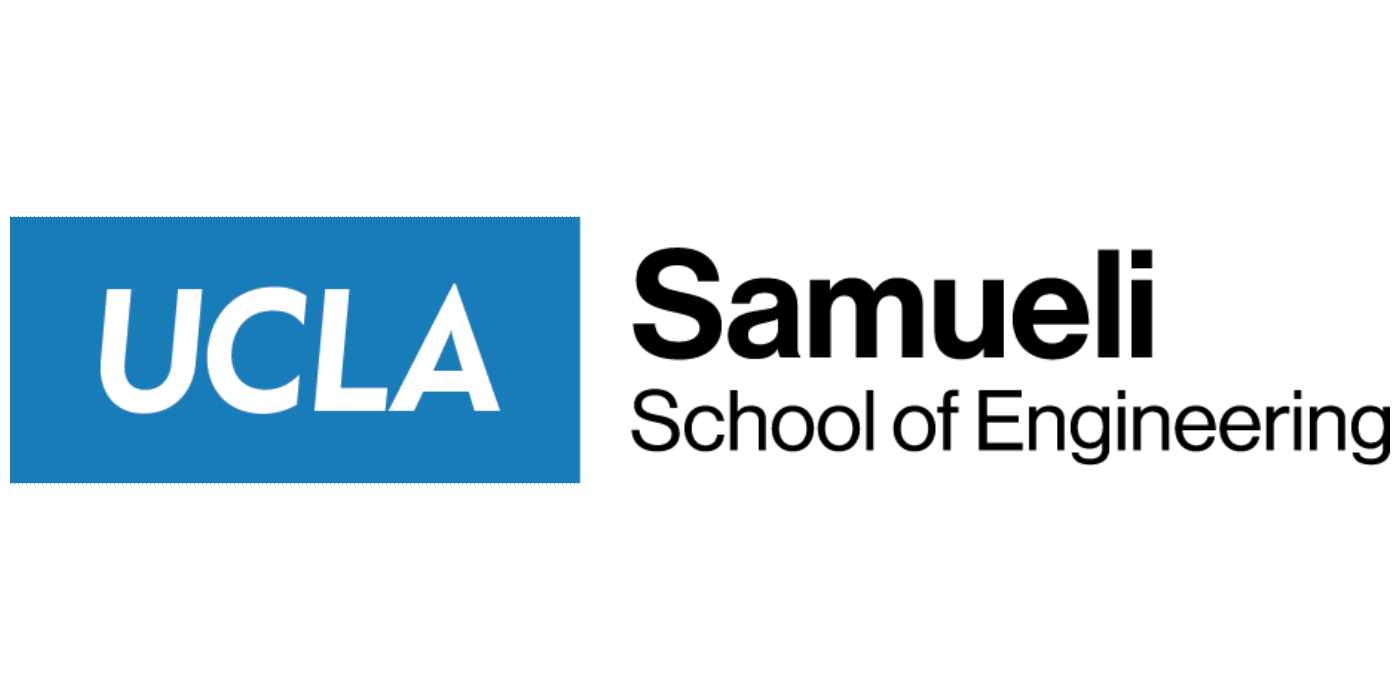SOLD OUT! NO EVENT DAY REGISTRATION!
Due to the overwhelming demand, we are at capacity and unfortunately will not be able to accommodate any walk-in guests. Please be advised that you must show registration confirmation at the door in order to gain access to the symposium. We apologize for any inconvenience but any unregistered guests will be turned away at the door.
If you are not feeling well, are exhibiting any symptoms of COVID-19, or have tested positive, please stay home from the conference. While not required, we highly encourage all attendees to wear a mask in an effort to to stop the spread of COVID-19. Looking forward to seeing everyone this Thursday and Friday. Stay healthy!
About SCR
After a two-year hiatus following SCR 2016, SCR 2017, and SCR 2019, we are excited to bring back the Southern California Robotics Symposium (SCR), September 2022 at UCLA. SCR 2022 is a two-day technical symposium that focuses on in-person interactions, bringing together roboticists from around Southern California. With a high density of academic institutions, research centers, and industry players, SCR is expected to draw a diverse audience with broad expertise and interests.
The highlight of our symposium will be the poster session, which will foster more research discussions and networking opportunities than traditional conference talks. We will also have workshops, short talks, and plenty of opportunities to meet and mingle. The personable, local nature of our conference will create lasting engagement, partnerships, and collaborations beyond the event.
SCR 2022's theme is:
"Real Solutions to Real Problems impacting Real People"
Throughout all posters, workshops, and talks, we call upon researchers to focus on the motivation and human impact of their work: What problems are you solving? Who is affected? How does your solution address these problems?
If you'd like to be notified of updates and receive further information about SCR 2022, join the scr-announce mailing list:
- Add through Google Groups
- If you do not have a Google account, please email scr-announce+subscribe@lists.ucla.edu to add yourself
Venues
404 Westwood Plaza
Los Angeles, CA 90095
Directions to Engineering VI (Google Maps)
Luskin Conference Center425 Westwood Plaza
Los Angeles, CA 90095
Schedule
Check-inE6 |
|
Industry HourE6 |
|
Interactive WorkshopsE6 |
|
Opening ReceptionE6Presented by FTX |
|
Dinner MixerWOptional and at participant's expense |
Locations:
- E6 = Engineering VI
- L = Luskin Conference Center
- W = Westwood
Breakfast/Check-inL |
|
Welcoming RemarksL |
|
Rising Stars Spotlight TalksL |
|
Poster Blitz TalksL |
|
Lunch/Poster SessionE6 |
|
New Faculty Spotlight TalksL |
|
Panel DiscussionL |
|
Dinner/Closing CeremonyL |
Speakers
|
Bruce Dunn, Interim Dean, UCLA Samueli School of Engineering |
|
Nia Jetter, Senior Principal Technologist, Amazon Robotics AI |
|
Cam Buscaron, Technologist, AWS Robotics & Autonomous Systems |
|
David Locke, Senior Program Director, ANA Avatar XPRIZE |
|
Ankur Mehta, Assistant Professor of Electrical Engineering, UCLA |
|
Wenzhong Yan, UCLA Printable Mechanical Autonomy |
|
|
Swapnil Sayan Saha, UCLA Making Inertial Sensor Processing Rich, Robust and Intelligent at the Edge |
|
|
Benjamin Riviere, Caltech Applications and Technology of General Decision Making for Robots |
|
|
Pradyumna Chari, UCLA Computational Imaging for Fair, Accurate Health Sensing |
|
|
Coffee Break |
|
|
Connor Watson, UCSD The Broader Impacts of New Sensing, Estimation, and Control Algorithms for Surgical Continuum Robots |
|
|
Anushri Dixit, Caltech Risk-Aware Planning and Control in Extreme Environments |
|
|
Rachel Gehlhar, Caltech Towards Stable, Natural, and Responsive Powered Prosthesis Walking via Nonlinear Control |
|
|
Lauren Klein, USC Towards Improving Synchrony in Socially Assistive Robotics for Children |
|
Quan Nguyen, USC Toward Adaptive Intelligence for Dynamic Loco-manipulation of Legged Robots |
|
|
Camilo Cuervo, UCI Microrobots for Detection of Emerging Contaminants |
|
|
Sasha Voloshina, UCI Re-evaluating Motor Learning and Rehabilitation Training in the Context of Assistive Devices |
|
|
Achuta Kadambi, UCLA Visual Machines: Inventing Cameras that Enable Robots to See the Invisible |
|
|
Coffee Break |
|
|
Jun Sheng, UCR Mesoscale Steerable Robots for Minimally Invasive Neurosurgery |
|
|
Tania Morimoto, UCSD Flexible Surgical Robots: From Patient- to Surgeon-Side Devices |
|
|
Heather Culbertson, USC Data-Driven Modeling and Hardware Design for Haptic Interactions |
|
|
Tyler Clites, UCLA Anatomics: Co-Engineering Body and Machine to Improve Bionic Performance |
|
|
Stefanos Nikolaidis, USC Robot Adaptation for Efficient Human-Robot Collaboration |
Workshops
General Information:
- Workshops will be held on Thursday, Sept. 22 from 3-6pm
- Locations will vary between workshops, but are generally close to the Engineering VI building
- Submit your workshop preferences by Monday (9/19) night via the form emailed to all registrants
- There may be more attendees than a workshop has capacity for, so you may not be assigned to your first-choice workshop
Available Workshops:
- Make and Control Your Own Origami Robot! (LEMUR)
Get introduced to a computational design pipeline for developing folding robots. The event will lead participants through designing robot bodies, the effects of different parameters in simulation, manufacturing the robots and then controlling them in the real world.
Expected duration/capacity -1.5 hrs, 8 persons per session
Location - Engineering IV (4) 37-124
- Undersea Origami Robots (LEMUR)
Learn how to design and build origami robots. Similar to the previous listing but focused on building undersea-inspired robots (sea turtles, starfish). These robots will be shown off as a performance during the opening reception, following which participants may get to take their robots home to continue to develop, play, and perform. Expected duration/capacity - 1.5 hrs, 8 persons per session
Requirements - Each participant will need their own laptop with python and git pre-installed.
Location - Engineering IV (4) 38-138
- Interactive Robot Aquarium: A Deeper Dive (LEMUR)
Participants will have the opportunity to take a deeper dive into the code behind the robots in the robot aquarium demo. Participants will have the opportunity to code their own formations or behaviors for multiple Pioneer 3DX robots (Python and ROS) or for one or two jellyfish robots (Arduino). Proficiency in python and some experience in Robot Operating System (ROS) or Arduino coding is recommended to get the most out of this workshop. Non-coders are welcome to come watch or team up with coders and work on the robots.
Expected duration/capacity - 3 hrs, 10 coders and 20 non-coders
Location - Engineering VI (6)
- An Interactive Tour of the Human Hand (The Anatomical Engineering Group)
Robotic design often takes inspiration from biological systems, especially in the context of fundamental mechanical structures. With a recent explosion in under-actuated, compliant, and otherwise biomimetic robotic graspers, there is more reason than ever to understand the basic mechanisms that drive human manipulation. Participants will explore the mechanical and neurological structures that drive hand function and gain an appreciation for the surgical techniques that enable the repair of these structures. Note: this is intended to be an interactive session in proximity of human cadaver tissues.
Expected duration/capacity - 1.5 hrs, 8 persons per session
Location - UCLA Rehabilitation Center, 1000 Veteran Ave, Los Angeles CA 90024
- Get in Touch: Tactile Sensing and Perception for Human-Robot Systems (Biomechatronics Lab)
Participants may visit any of three interactive stations:
Tactile sensor design:Learn about the basic components of a tactile sensor and interact with sensors that incorporate a variety of materials and transduction mechanisms.
Haptic search in granular materials: Learn about the use of semi-autonomous robots for performing tasks in the field and noninvasive ways to convey touch to a remote human operator. Don a vibrotactile glove and perform a haptic search task in granular materials.
Teleoperation of a robot avatar: Learn about human-machine interfaces and the use of robot avatars to perform manual tasks and provide social interaction. Don a virtual reality headset and vibrotactile glove, and teleoperate a mobile manipulator using natural head and hand movements.
Expected duration/capacity - 15 minutes per station, 6 persons per station
Location - Engineering IV (4) Rm. 38-138
- Wearable Robotics Workshop / UCLA Bionics Lab Tour (Bionics Lab)
Learn about the benefits of wearable sensor-based motion capture systems and get a chance to try a system on! Also have the opportunity try on various exoskeletons such as a backwards-bending knee device meant to increase energy efficiency during walking.
Expected duration/capacity - 30 minutes, 15 persons per session
Location - Engineering IV (4) Rm. 18-111
- RoMeLa Robot Demonstrations (RoMeLa)
Learn about the history of developing humanoids using position-controlled actuators to new dynamic humanoids and legged robots using proprioceptive actuators. There will be multiple robots that you can interact with and even control!
Expected duration/capacity - 30 minutes, 20 persons per session
Location - Engineering IV (4) 3rd floor
Posters
Poster Guidelines:
- Format: maximum 36" x 48". Portrait (tall) orientation recommended but not required, this helps us with allocating space given the large number of posters we are expecting
- Bring your printed poster. On-site poster printing will NOT be available. We will provide easels, posterboard, and mounting hardware (eg, clips)
- Content: keep in mind we will have a broad audience of general roboticists who are not necessarily familiar with your specific discipline
- Be sure to explicitly address theme of "real solutions to real problems impacting real people" and communicate the motivation and impacts of your work
- Consider answering these questions: What problem does your work aim to solve? Who is affected by these problems? How will your work form a solution?
- Optionally, bring small physical demos and artifacts to accompany your poster
Blitz Talks:
- Format: each poster presenter will have the opportunity to give a 45 second blitz talk before the poster session to introduce their work
- Slides: submit one slide as a PowerPoint (.ppt, .pptx) file with no animations, in 16:9 aspect ratio. A slide template is available here
- Stick to common fonts available by default on a typical PC
- Free alternatives to Microsoft PowerPoint include Google Slides and LibreOffice Impress, both of which export to .pptx
- Keep reserved areas (indicated in the template) empty, for us to add timers and poster numbers
- You do not need to use the template slide; the template is only used to indicate reserved space
- Talk: 45 seconds or less. Please time your talks beforehand; we have a packed schedule and will enforce limits
- We will introduce your name, affiliation, and poster title beforehand (this does not count against your 45 seconds). If you think it necessary, send us an email with how you would like us to announce (and pronounce) your name
- Your 45 seconds should focus on content
- Day-of logistics: line up to be on-deck during the preceding 5 blitz talks, to allow a speedy and efficient turnaround. We will have almost 60 of these
- Blitz talks will be ordered by sequential poster number (provided at check-in). Line up as your blitz talk is coming up
Conference Organizers
For any questions about the symposium or sponsorship/exhibition booth opportunities, please contact scr2022@ucla.edu.
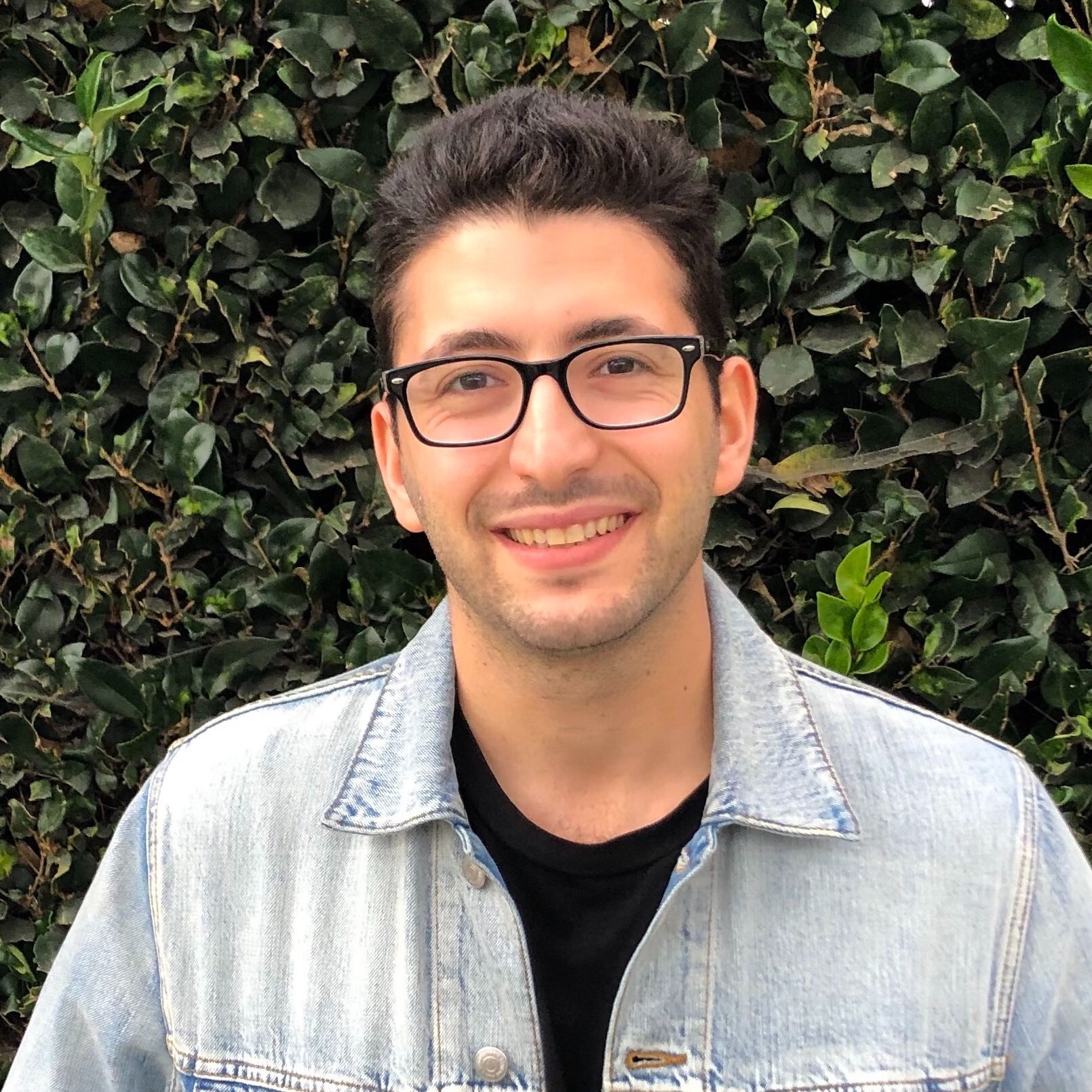 Fadi Rafeedi
Fadi Rafeedi
 Alexis Block, Dr. sc.
Alexis Block, Dr. sc.
 Alex Thoms
Alex Thoms
 Will Flanagan
Will Flanagan
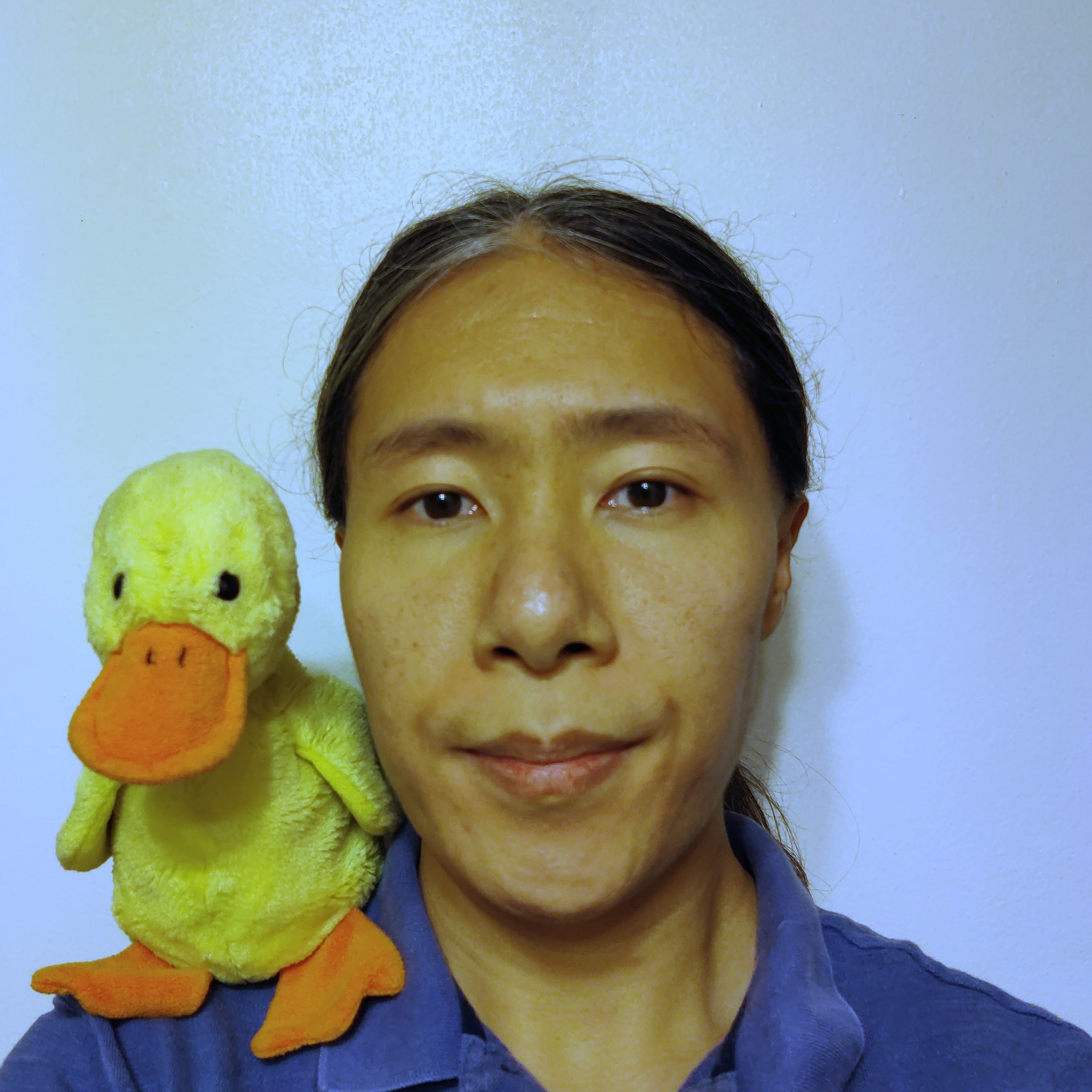 Richard Lin, PhD
Richard Lin, PhD
 Min Sung Ahn
Min Sung Ahn
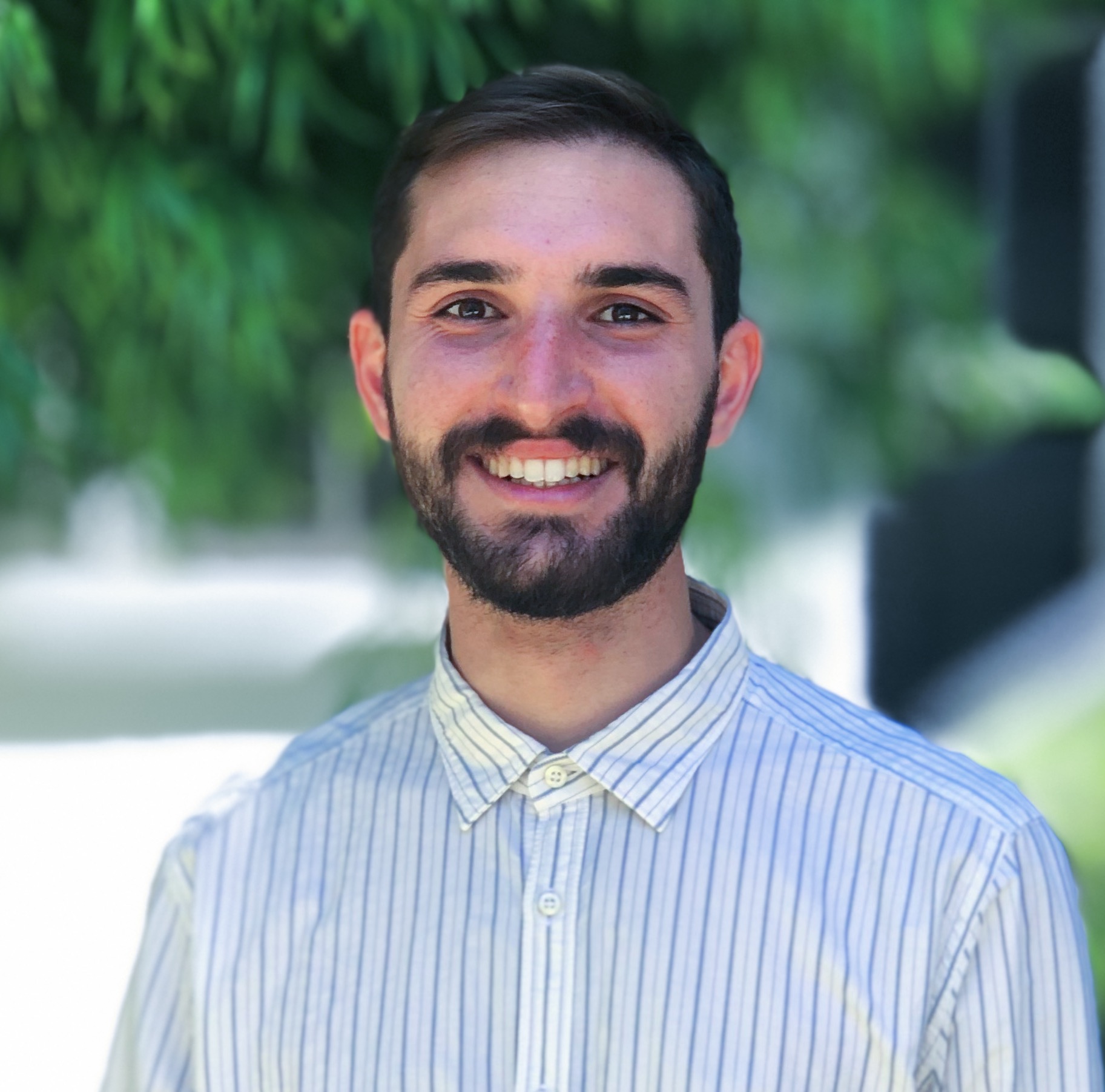 Leonardo Ruffini
Leonardo Ruffini
Advisory Committee
 Dennis Hong, PhD
Dennis Hong, PhD
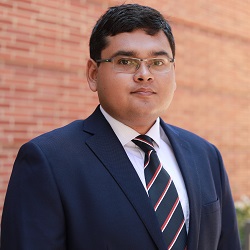 M. Khalid Jawed, PhD
M. Khalid Jawed, PhD
 Ankur Mehta, PhD
Ankur Mehta, PhD
 Jacob Rosen, PhD
Jacob Rosen, PhD
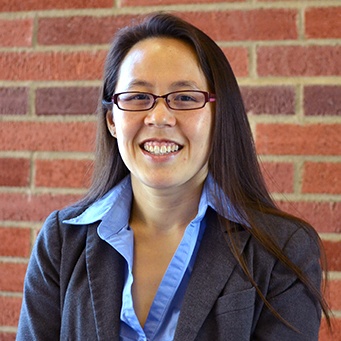 Veronica Santos, PhD
Veronica Santos, PhD
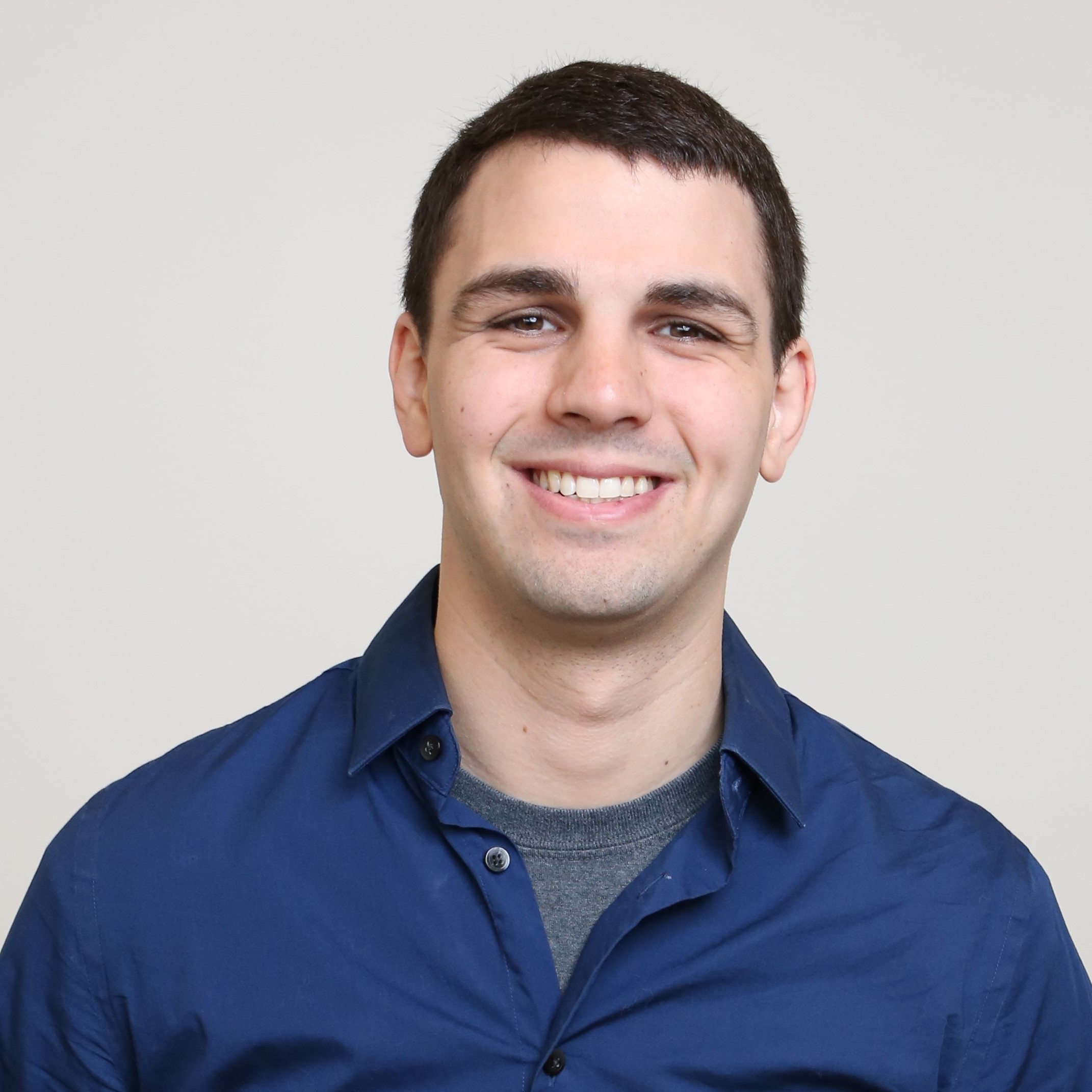 Tyler Clites, PhD
Tyler Clites, PhD
 Sriram Narasimhan, PhD
Sriram Narasimhan, PhD



